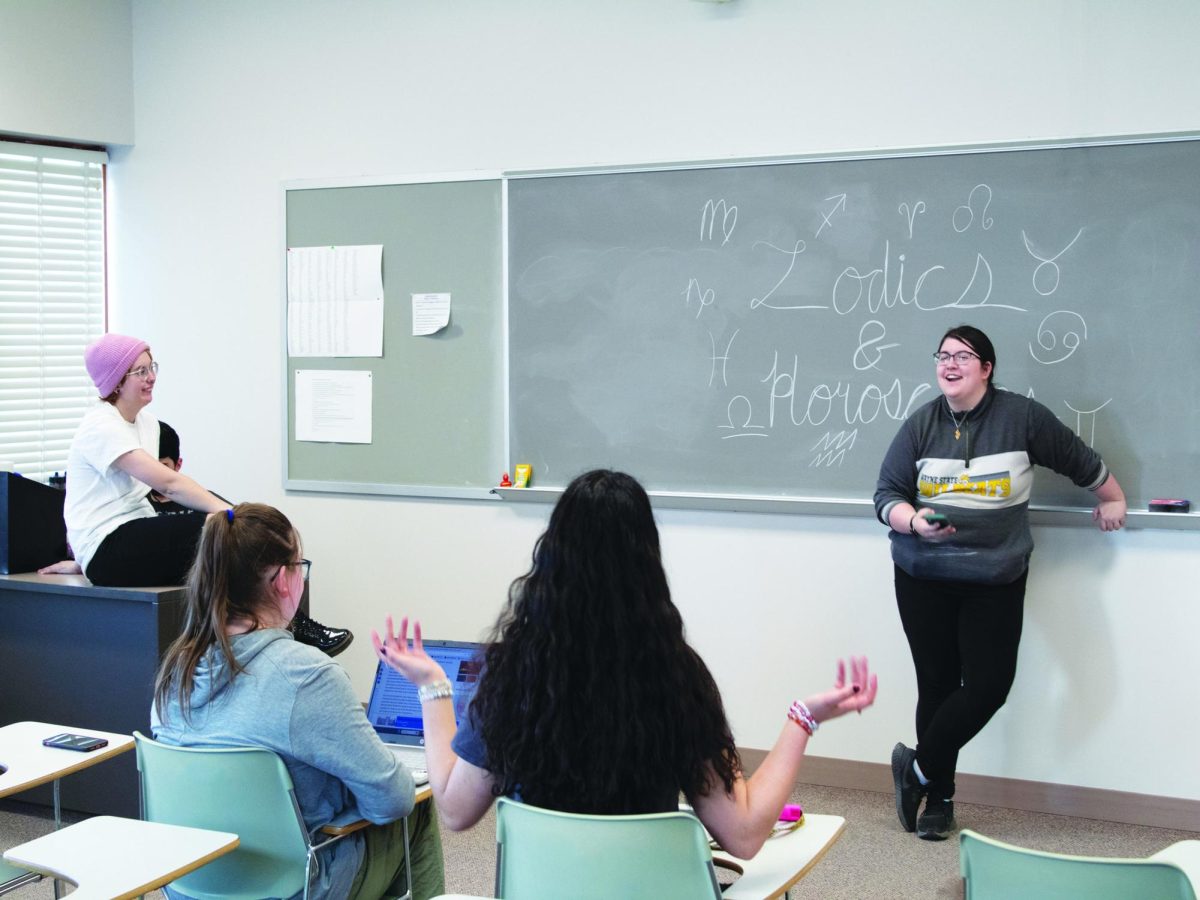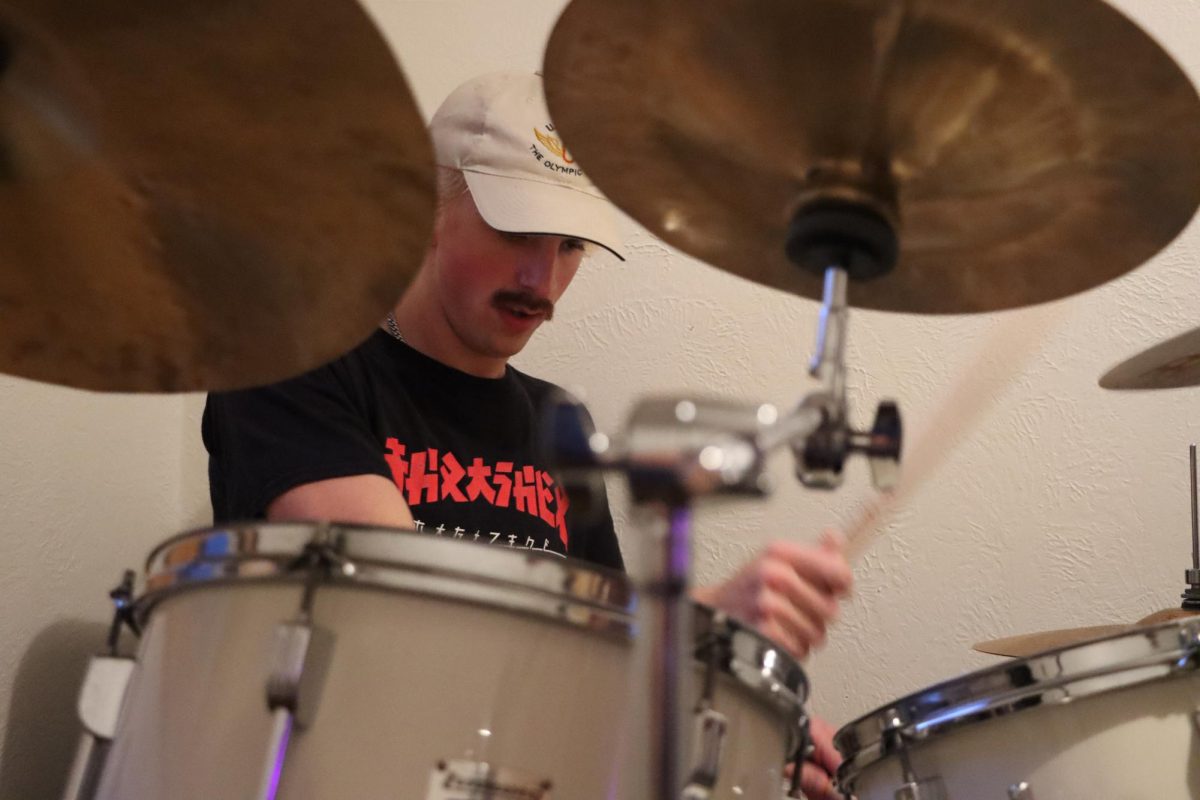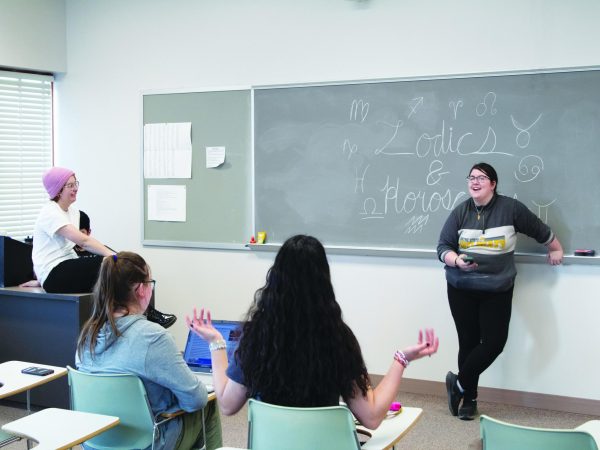Committees on campus will look different now
September 27, 2017
On Sept. 15, Wayne State faculty and staff received an email from President Marysz Rames informing them that three faculty committees were being suspended. The three committees suspended were Academic
Policy, Graduate Council and General Education.
When brought to her attention, Rames realized that these three committees were not in compliance with Board Policy 2030. The policy states:
Each College shall provide a principal agency for faculty participation in College governance. Through agencies and procedures designated by each College President and approved by the Board, the faculty may make recommendations to its President on any matters affecting the College or any of its sub-divisions. The Presidents may directly or by delegation establish or provide for the establishment of committees, councils, cabinets or other academic or administrative grouping to engage in planning, advising, developing and implementing
programs to improve the operation and instructional program of the Colleges.
In this policy it is clear that committees on campus are recommending bodies, however some of the bylaws state they are approving bodies.
“It is my responsibility to make sure that we comply with the Nebraska State College System Board Policy,” Rames said. “I’m connected to a lot of other presidents across the nation through some of our associations, so I sent out correspondents to them as well as talk to some of our national associations about committees and whether that is standard operating procedure and that is certainly what I learned.”
Across campus faculty and staff had mixed reactions when they initially read the letter.
“My initial reaction was ‘Ouch,’” said Professor Charles Parker of the Business and Economics Department. “I have to admit sometimes when people throw out board policy, I feel a little intimidated.”
Some faculty and staff, on the other hand, saw this coming.
“I was fine with (the decision to suspend the committees),” said Professor Lori Nicholson of the Computer Tech and Info Systems Department. “It is always good to step back and take a look at things. Especially, after so many years of things being the same.”
The chairs of the Academic Policy and Graduate Council committees are working with the administration to come into compliance with Board Policy 2030. The General Education Committee will continue to be
suspended because there is a General Studies Advisory Board, which has been functional since the spring. Faculty, staff and students make up this group.
“The previous committee didn’t have any student feedback,” Rames said. “As we are looking at general studies, which is very important to students and their academic interests, that group has two students on it.
“We are going to let that group run its course and see what happens with the general studies program. Once that is solidified, we will see what else we need to do in a committee structure.”
School of Arts and Humanities Dean Yasuko Taoka was asked to work with a task force to develop a process to review the organization and function of the committee structure at WSC.
“Let’s take a good look at committee structure at Wayne State,” Rames said. “Yasuko comes from Illinois that had a good committee structure. This will be a short term group that will look at our committee structure.”
The consensus across campus was that the purpose of the committee system is for everyone to have a voice. Committees at WSC are recommending bodies, that send proposals to be approved by the administration.
“(Committees) are diverse and part of shared governance on campus,” said Professor Mark Hammer of the Life Sciences Department. “It’s a way of communicating across campus about any changes that are
occurring.”
Nicholson shares similar beliefs on the purpose of a committee.
“I think, No. 1, so you have a voice in the decisions. We are recommending bodies, not decision makers,” Nicholson said. “Ultimately it is up to the administration to make those decisions based on the big picture.”
Most faculty believe this will not impact other faculty members from joining in committees, or the formation of future committees.
“The more time goes by, the more I feel like it was probably the right call,” Parker said. “Anybody on this campus can contribute to what’s going on, so in the future hopefully it won’t discourage people from getting involved, because everybody’s voice is important.”








